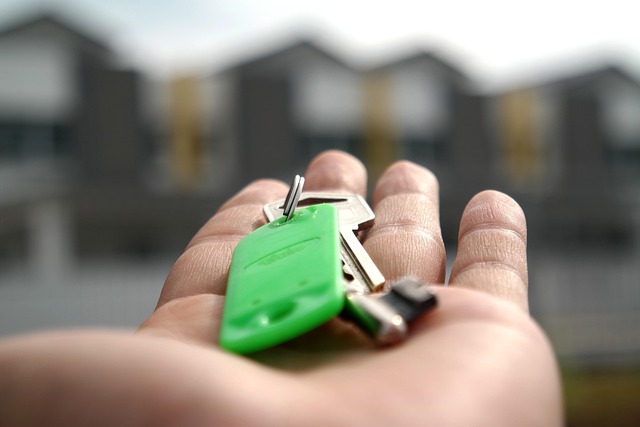Looking for Apartments for rent ? Your Guide to Finding the Best Deals
Finding the perfect apartment can be an exciting yet daunting task. With so many options available, it's essential to approach your search strategically. This guide will help you navigate the rental market and secure the best deal for your next home.

How do I determine my budget for an apartment rental?
Determining your budget is the crucial first step in your apartment search. Financial experts often recommend spending no more than 30% of your gross monthly income on rent. However, this percentage can vary depending on your location and personal financial situation.
Consider all your monthly expenses, including utilities, groceries, transportation, and savings goals. Don’t forget to factor in potential one-time costs such as security deposits, application fees, and moving expenses. By setting a realistic budget, you’ll narrow down your options and avoid the stress of overextending your finances.
What are the best resources for searching for apartments?
In today’s digital age, there are numerous resources available for apartment hunting. Online listing platforms like Zillow, Trulia, and Apartments.com offer extensive databases of available rentals. These sites often include detailed information, photos, and sometimes virtual tours.
Social media platforms can also be valuable resources. Facebook Marketplace and local community groups often have listings that may not appear on larger sites. Don’t underestimate the power of word-of-mouth; inform your friends, family, and colleagues that you’re in the market for an apartment.
For a more personalized approach, consider working with a local real estate agent specializing in rentals. They can provide insights into the local market and potentially access listings before they’re publicly available.
How do I choose the right location for my new apartment?
Choosing the right location is about balancing your needs and preferences with your budget. Consider factors such as:
- Proximity to work or school
- Access to public transportation
- Neighborhood safety
- Nearby amenities (grocery stores, restaurants, parks)
- Noise levels
- Future development plans for the area
Take the time to visit potential neighborhoods at different times of day to get a feel for the area. Research crime statistics and read reviews from current and former residents. Remember, a great apartment in the wrong location can quickly lose its appeal.
What should I look for during an apartment viewing?
When viewing an apartment, it’s easy to get distracted by aesthetics. However, it’s crucial to look beyond surface-level appearances. Here’s a checklist of things to examine:
- Water pressure and temperature
- Electrical outlets and lighting
- Signs of pest infestation
- Condition of appliances
- Cell phone reception
- Noise levels from neighbors and outside
- Storage space
- Window condition and natural light
- HVAC system functionality
- Overall cleanliness and maintenance
Don’t hesitate to ask questions about the property’s history, such as recent renovations or recurring issues. Taking photos or videos during the viewing can help you remember details and compare options later.
What are some negotiation strategies for securing a better deal?
While negotiating rent isn’t always possible, especially in competitive markets, there are strategies you can employ to potentially secure a better deal:
- Offer to sign a longer lease in exchange for reduced rent
- Highlight your positive rental history and credit score
- Ask about move-in specials or discounts
- Offer to pay several months’ rent upfront
- Request upgrades or improvements instead of rent reduction
- Be flexible with your move-in date
Remember, timing can be crucial. Landlords may be more willing to negotiate during slower rental seasons or if a property has been vacant for an extended period.
How do rental prices vary across different types of apartments?
Understanding the cost differences between various apartment types can help you make an informed decision. Here’s a comparison of typical apartment types and their average monthly rental prices in the United States:
| Apartment Type | Average Monthly Rent | Key Features |
|---|---|---|
| Studio | $1,050 | Open floor plan, compact living |
| 1 Bedroom | $1,300 | Separate bedroom, more privacy |
| 2 Bedroom | $1,600 | Additional space, suitable for roommates |
| 3 Bedroom | $2,000 | Family-friendly, more storage |
| Luxury | $2,500+ | High-end amenities, prime locations |
Prices, rates, or cost estimates mentioned in this article are based on the latest available information but may change over time. Independent research is advised before making financial decisions.
When searching for apartments for rent, remember that finding the right balance between your budget, location preferences, and desired amenities is key. Take your time, do thorough research, and don’t be afraid to ask questions. With patience and persistence, you’ll be able to find an apartment that feels like home without breaking the bank.
The shared information of this article is up-to-date as of the publishing date. For more up-to-date information, please conduct your own research.




